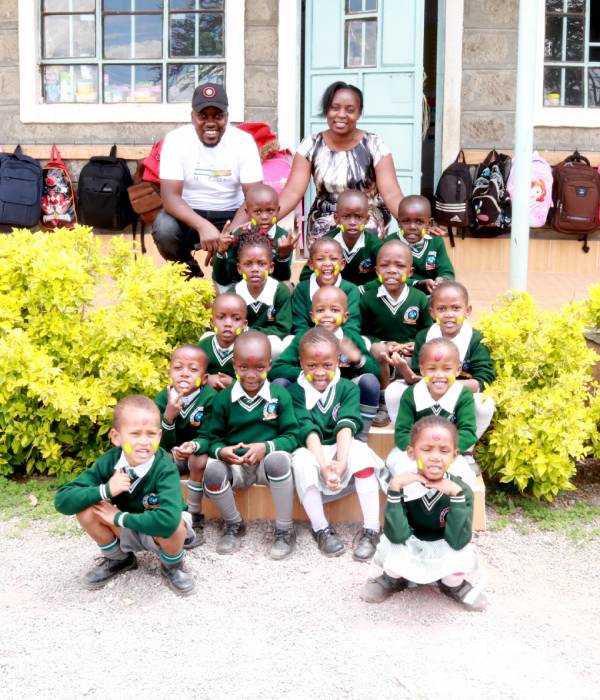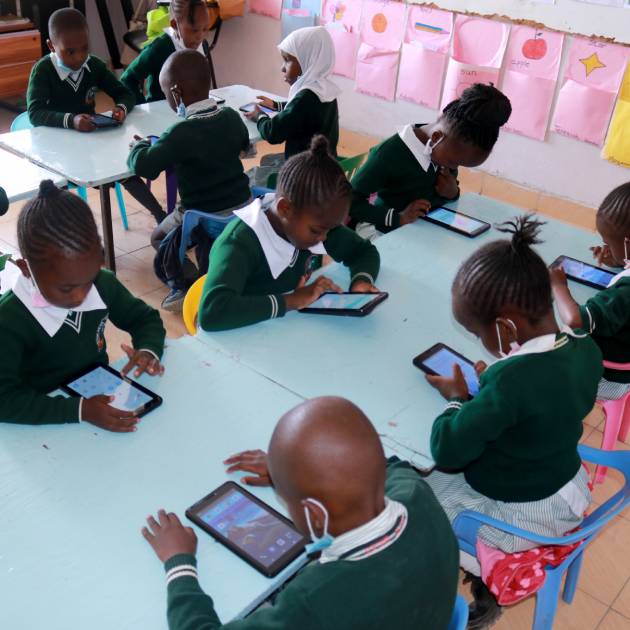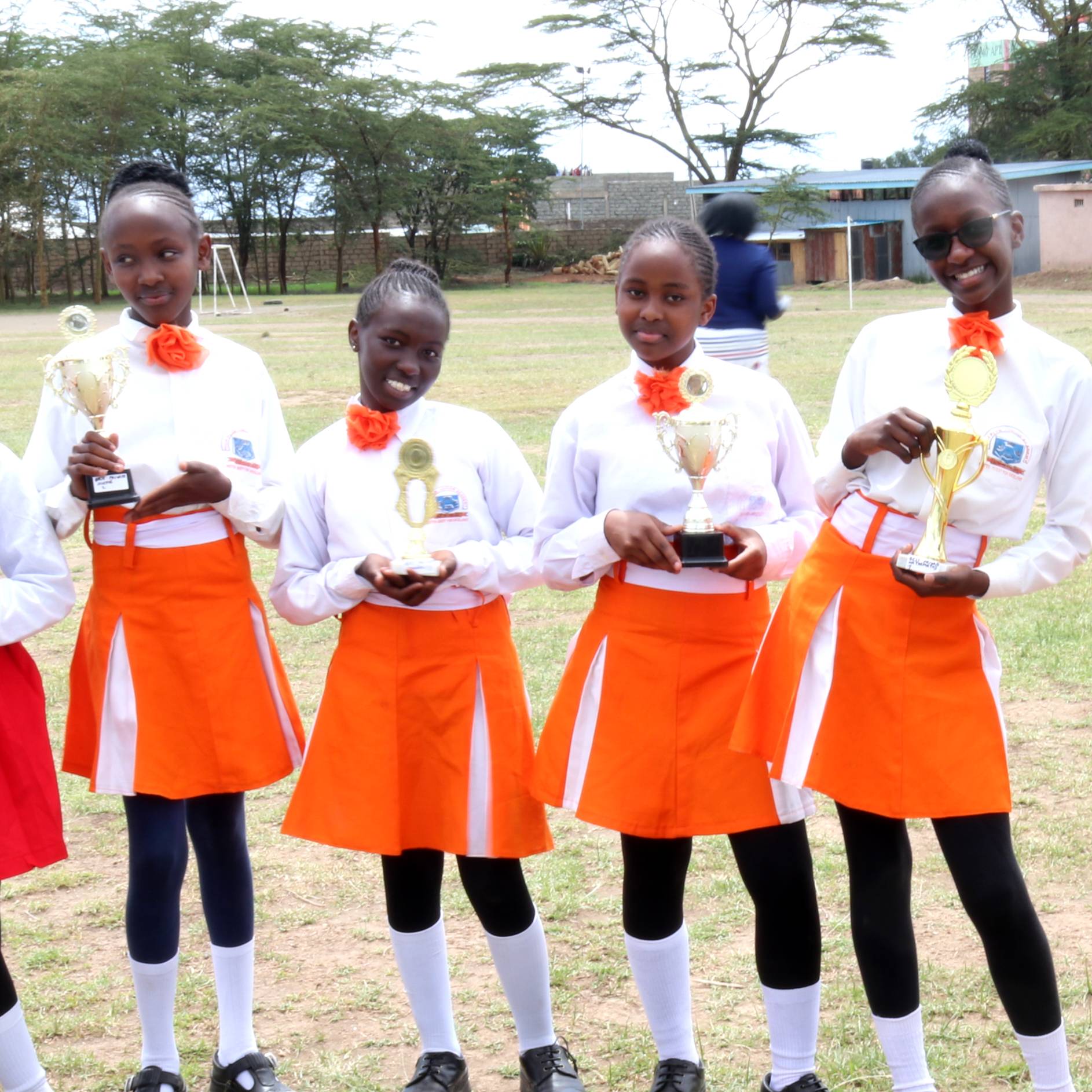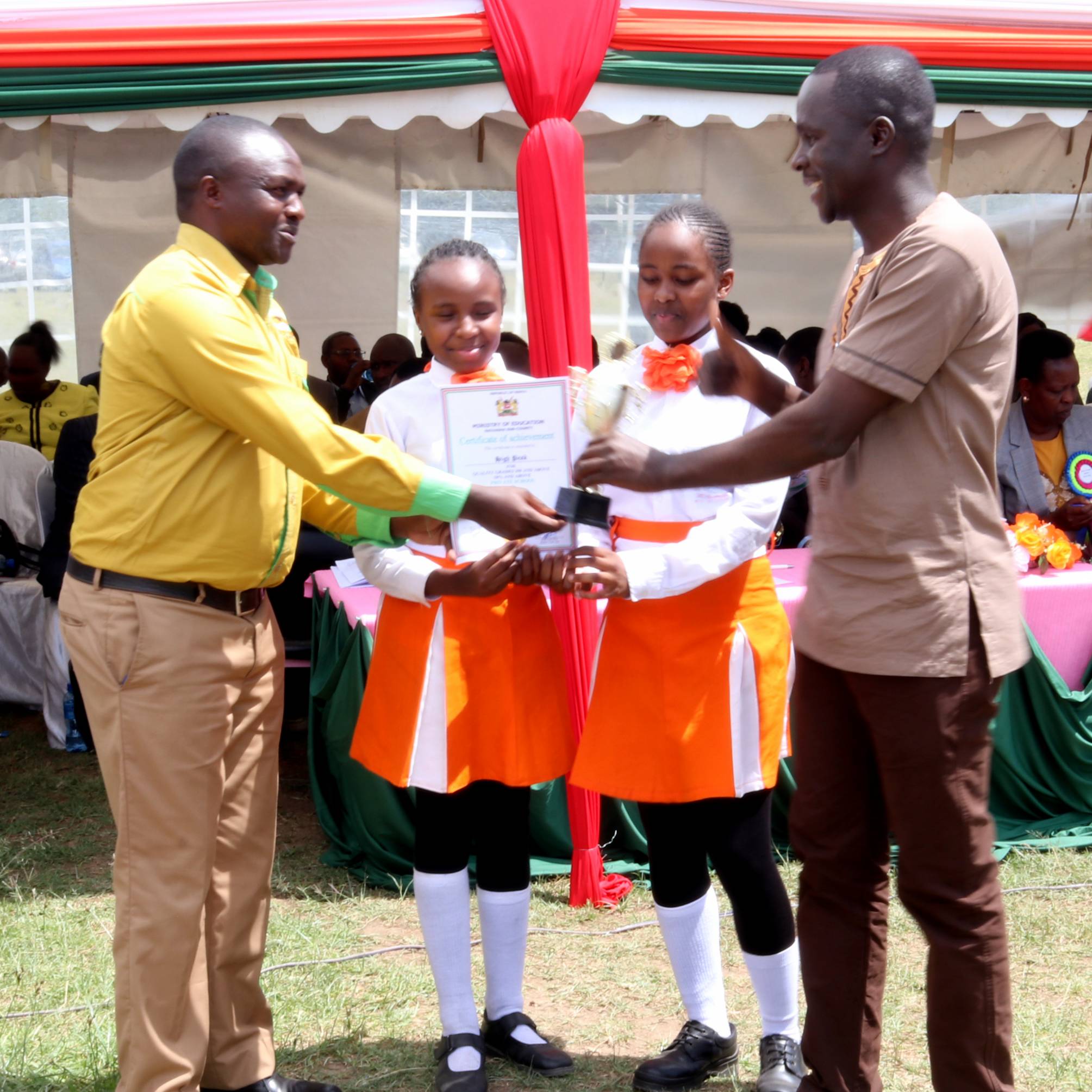- Email info@highpeakschools.sc.ke
- Phone 0770587921 / 0728040883
Pre-primary 1 and Pre-primary 2 (Ages 3-6)
The ECDE curriculum is designed to lay a solid foundation for learners, emphasizing the development of basic skills, social interaction, emotional growth, and foundational literacy and numeracy.
Encourages motor skills development through play, movement, and physical activities.
Enhances listening, speaking, and early literacy skills.
Fosters creativity through arts, music, drama, and imaginative play.
Introduction to numbers, shapes, and basic mathematical concepts.
Basic understanding of the world around them, focusing on nature and local communities.


Grade 1 to Grade 3 (Ages 6-9)
The emphasis at this stage is on foundational skills across different learning areas while encouraging active learning, exploration, and problem-solving.
Development of reading, writing, listening, and speaking skills in both English and Kiswahili.
Building an understanding of numbers, operations, measurement, and basic geometry.
Understanding the environment, family, community, and basic science concepts.
Fostering creativity through drawing, painting, and other forms of expression.
Encouraging physical activity and promoting a healthy lifestyle.
Developing self-awareness, communication skills, teamwork, and responsibility.
Grade 4 to Grade 6 (Ages 9-12)
At this stage, learners consolidate their foundational knowledge and skills while being introduced to more complex concepts and subjects, preparing for the transition to secondary education.
Strengthening literacy skills in both English and Kiswahili, with opportunities for learning additional languages.
Exploring more complex concepts in arithmetic, algebra, geometry, and data handling.
Introducing scientific inquiry, basic experiments, and technological tools.
Studying communities, geography, history, and government systems.
Learning about the major world religions and understanding moral values.
Encouraging learners to explore art, music, and drama more deeply.
Further development of physical fitness, sportsmanship, and teamwork.
Building more advanced skills in problem-solving, decision-making, and leadership.


Grade 7 to Grade 9 (Ages 12-15)
The Junior Secondary curriculum continues to develop learners’ knowledge and skills across various subjects while preparing them for more specialized learning in senior secondary.
English, Kiswahili, Mathematics, Science, and Social Studies remain foundational.
Learners explore subjects such as business studies, agriculture, technology, and religious education in more detail.
Deeper engagement with subjects like visual arts, music, drama, and physical education.
Introduction to practical skills that can be applied in the real world, including basic technical drawing, home science, and computer studies.
Continued focus on leadership, career exploration, critical thinking, and ethical decision-making.
Ongoing assessments are based on competency in skills and knowledge rather than just rote learning. Emphasis is on performance, creativity, and the application of knowledge.
The curriculum focuses on developing competencies in learners, such as problem-solving, critical thinking, creativity, collaboration, and effective communication.
Subjects are taught in an integrated manner, encouraging cross-disciplinary learning and real-world application.
The approach emphasizes active participation, hands-on learning, and learner engagement.
The curriculum aims to instill values such as respect, responsibility, fairness, and integrity, preparing learners for active citizenship.